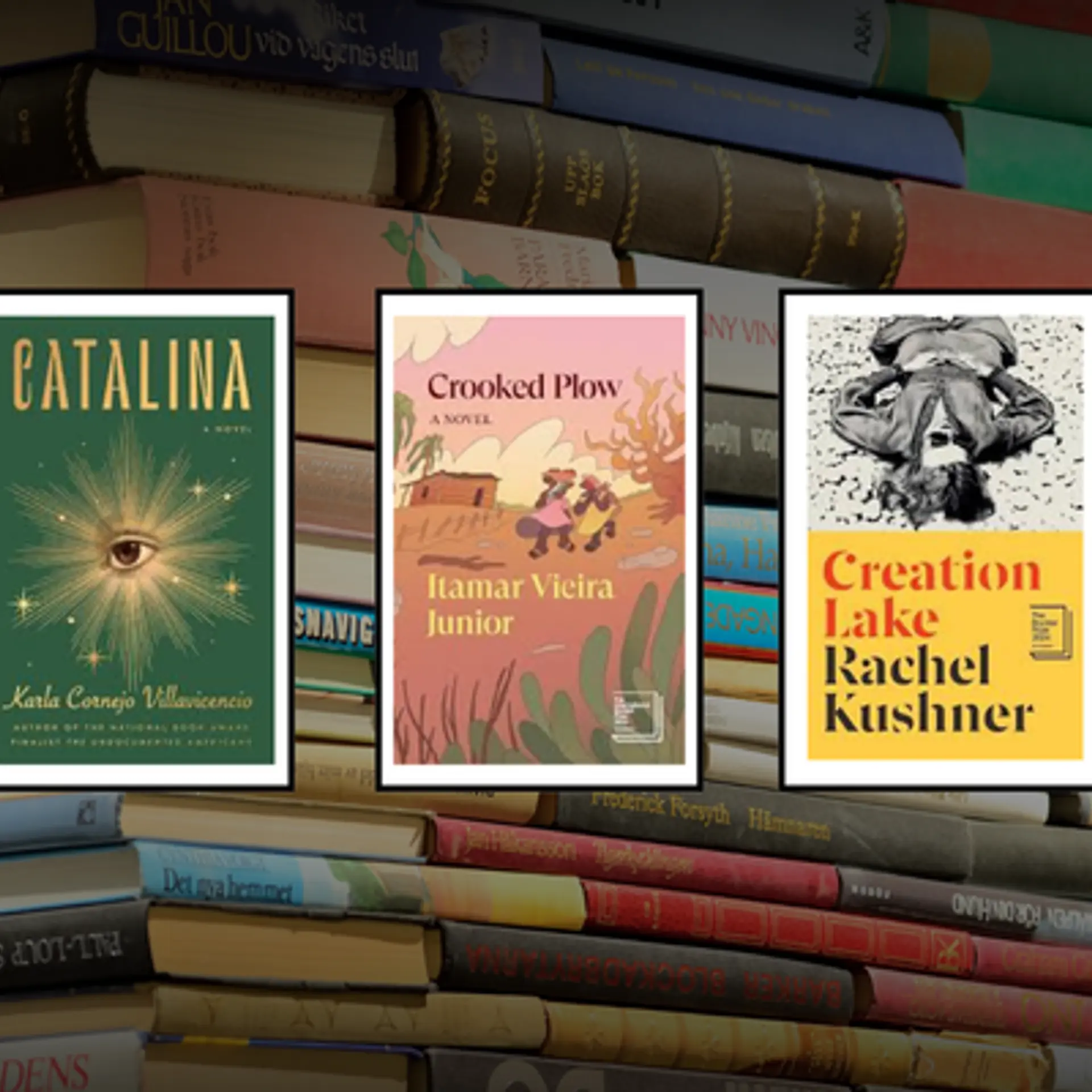Amrutdhara aims to make non-bottled drinkable water available in public spaces through token machines
A battlefield of smashed empty bottles lay on the floor of the train Min Ameen was travelling in when he reached his destination. The considerations that hit his mind led him to the conclusion that even if you care about the environment, you become inevitably helpless when you’re thirsty and the only drinkable water is in plastic bottles.

In a nutshell, this is what triggered the motivation to start Amrutdhara, a startup that aims to make non-bottled drinkable water available in public spaces through token machines.
Min and his Co-founder Akshay Roongta have backgrounds in finance and industrial design, respectively, but have both worked with projects related to sustainability.

From their base in Auroville, they started working on Amrutdhara in 2013 to experiment solutions that would reduce use of bottled water. “We conducted simple experiments in our first year where we set up a stall selling loose water to people in a couple of different locations in Pondicherry,” says Akshay. “The idea was to understand people’s perception around buying loose drinking water along with their perceptions around hygiene and cleanliness.”After numerous conversations and iterations, as well as online and offline campaigns, the main conclusion the team reached was that vicinity to the source is the first element that people seek for when they’re thirsty. “It’s more likely that they buy water from Amrutdhara refill stations, if these are very easy to access,” says Akshay. Headds that it is for this reason they opted to install their water vending machines in existing shops rather than stand-alone kiosks.
The current system they provide consists of token machines that charge according to the amount of water withdrawn. “By eliminating the cost of plastic packaging, we’re able to charge half the price per litre than bottled water,” Akshay explains.
The simplicity of water has become the DNA of the company, which has adopted a frugal approach to making unpackaged water easily available. Not only have they hooked their service with the existing network of local stores, but they’ve also kept their technology very simple. “We’re using off-the-shelf components that have been put together innovatively,” says Akshay, alluding to the fact that nothing is new in their vending machine, or in the supplying system. He adds, “The front end is connected to the cloud and checks the quality of water; displays information about it; receives payments and dispenses water. The system is supplied either by a bubble top dispenser or a regular on-site RO filtration unit.”

Amrutdhara launched their current service few months ago, testing it with a store in Chennai, which has given very positive feedback in terms of profitability of the system. However, the shop keeper has reported some sporadic issues with the efficiency of the machine.So the team is now working on perfecting their technology. This will advance, but always in the name of simplicity.
As for the revenue generation, the profit gathered from water sales is not quite enough. “Our revenue will be generated primarily through the sales of machines and annual quality contracts. Other than that, there would be some revenue from consulting for large B2B implementations,” says Akshay. He continues, “Being based in Auroville has been useful so far, because the community is generally very helpful and collaborative.”However, he saysthat the plan is to start moving. The ultimate goal of the team is to cover all urban areas in India, and they’re thinking of expanding to Bangalore soon, because it is geographically the most convenient metro to start from.

“There’s a lot of challenging things, but most difficult is probably to keep your chin up in the face of critique or lack of belief from others that we might want to partner with or invest in us,” explains Akshay, who has interrupted a master’s course in Helsinki to dedicate his full time to Amrutdhara. He concludes, “What usually helps is to go back to the problem, remember why we’re doing what we’re doing,then just pick ourselves up, dust the dirt off and keep on keeping on.”







